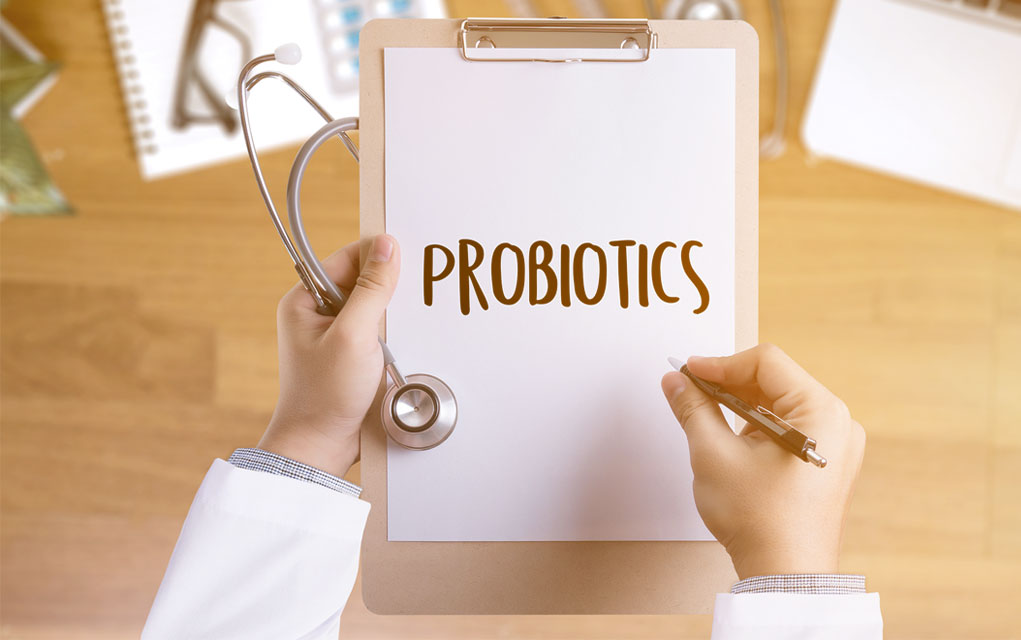Nearly 2500 years ago, Hippocrates said that “all diseases begin in the gut.” As ridiculous as that must have sounded back then (and maybe even now), it has slowly been proven to be true and it has a lot to do with the microbiome.
Dr. Raphael Kellman, M.D., the author of The Microbiome Diet, describes the microbiome as “a miniature world made up of trillions of microscopic, nonhuman organisms that flourish within your gastrointestinal tract.” Although some knowledge of this has been around for a while, it is only recently that scientific breakthroughs were made about our microbiome and the crucial role it plays for our immune system to function correctly.
Microbes are foreign, they are not our own body’s cells and yet, we have them in and on our bodies. In fact, 90% of the cells in our body are not our own and a balanced microbiome helps regulate the immune system, most of which are found in the gut. So how do you keep your microbiome balanced?
Introducing Probiotics and Prebiotics
There’s a constant battle going on in your gut, and to let the good bacteria win over the bad bacteria, we often need to call for reinforcements called probiotics. Probiotics are the live microorganisms found in your fermented food or good quality probiotic supplements that are beneficial to your gut and overall health. The more strains, the better. That removes probiotic drinks from your list of good sources since they usually only contain one strain and high amounts of sugar.
Examples of good natural food sources of probiotics are sauerkraut, kimchi, kombucha, kefir, pickles, plain greek yogurt, etc. These microorganisms help by fighting off potential disease-causing bacteria, breaking down food to aid digestion, decreasing inflammation, improving moods, regulating the immune system, and communicating information to the brain. In order for the good bacteria to thrive, you need to feed it good food known as prebiotics.
Prebiotics are types of dietary fiber that provide the nutrients and support the growth of good bacteria in the gut. Good sources of prebiotics are raw or cooked onions, raw garlic, raw jicama (singkamas), raw honey, psyllium husk, raw banana, and raw asparagus. Prebiotics work together with probiotics in preserving health by maintaining or restoring balance and diversity of the gut microbiome.
RELATED: Healthy gut, healthy life: What to avoid







.png)

